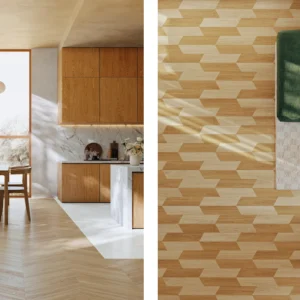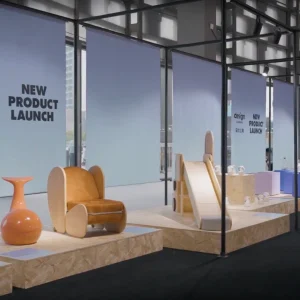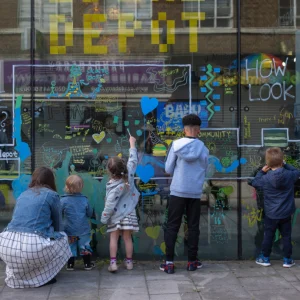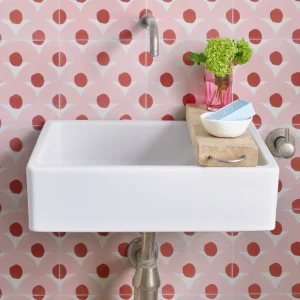ARCHIVE, an international charity based in the US, launched a global architectural competition inviting architects, designers, and health specialists to submit their ideas to the building of ‘healthy homes’ for Haiti. The Haitian government-sponsored international competition is intended to address the need to house 1.3 million people left homeless following the country’s devastating earthquake on 12 January 2010.
The first prize winning scheme ‘Initiative reCOVER’ is the brainchild of Anselmo Canfora, assistant professor of Architecture and director of Initiative reCOVER. The ‘Breathe House’ is a hybrid design, part modular with interior components that house appliances, service and storage, and part prefabricated panelised building envelope, with some conventional building construction or on-site assembly. The design responds not only to the need for housing, but also to the economic and environmental issues.
Prefabricated exterior wall frames can be sided with locally sourced materials, such as bamboo, recycled or regional wood or locally manufactured metal. Incorporating local materials, such as bamboo for siding, is intended to support the bamboo industry in Haiti and could strengthen the local economy while also protecting the land from erosion and preventing the contamination of waterways.
The Breathe House is a completely panelised and modularised system that can be flat-packed and delivered to the site. It can then be built using hand tools with only a small group of unskilled workers and one skilled worker. The goal of the system is ‘a ‘plug-and-play’ strategy of prefabricated, panelised components and limits the number of individual building parts necessary to complete the house.
The design of Breathe House utilises passive environmental solutions to bring light and air through the house, and maintains a close link between interior and exterior space to facilitate indoor and outdoor living and promote community and socialisation. This is accomplished with large porches with removable awnings that reflect Haitian culture and customs. Photovoltaic panels provide electricity for ambient interior light and running small appliances. These considerations, coupled with the design’s response to Haitian cultural heritage and traditions in domestic architecture, have further economic implications as well.
Initiative reCOVER partnered with All Technically Proficient Professionals LLC, The Arup Cause and Building Goodness Foundation on the project.





